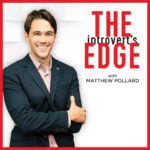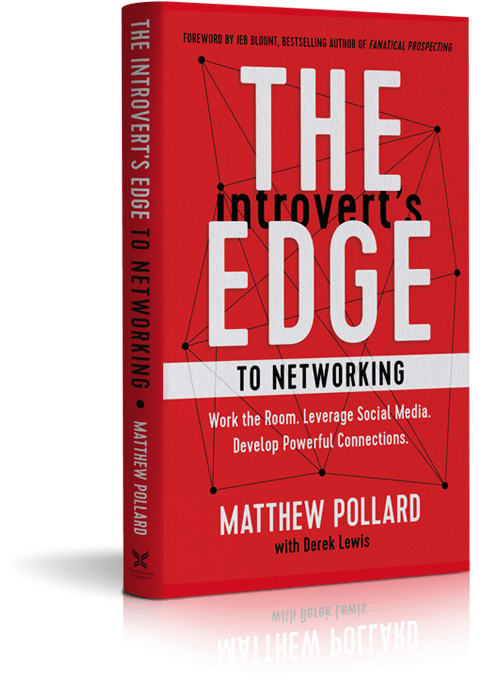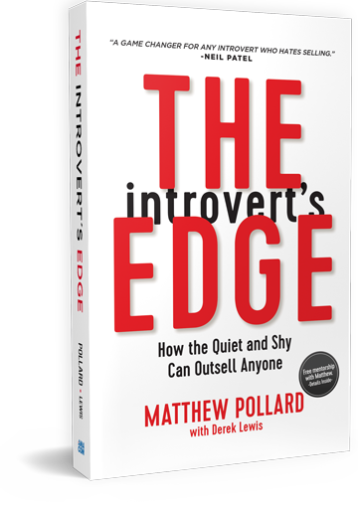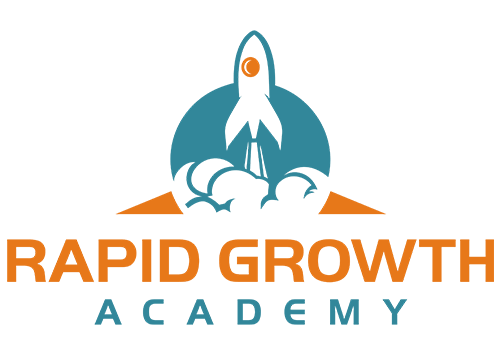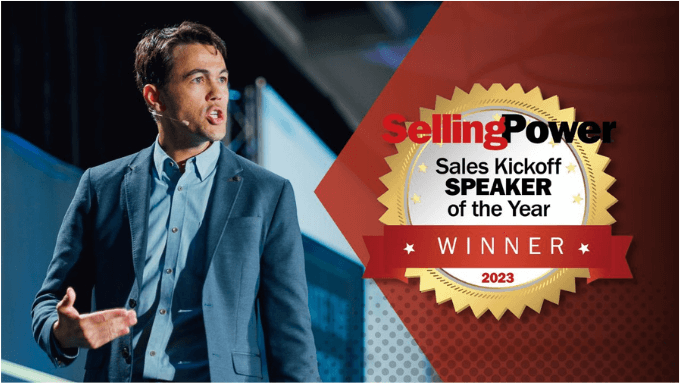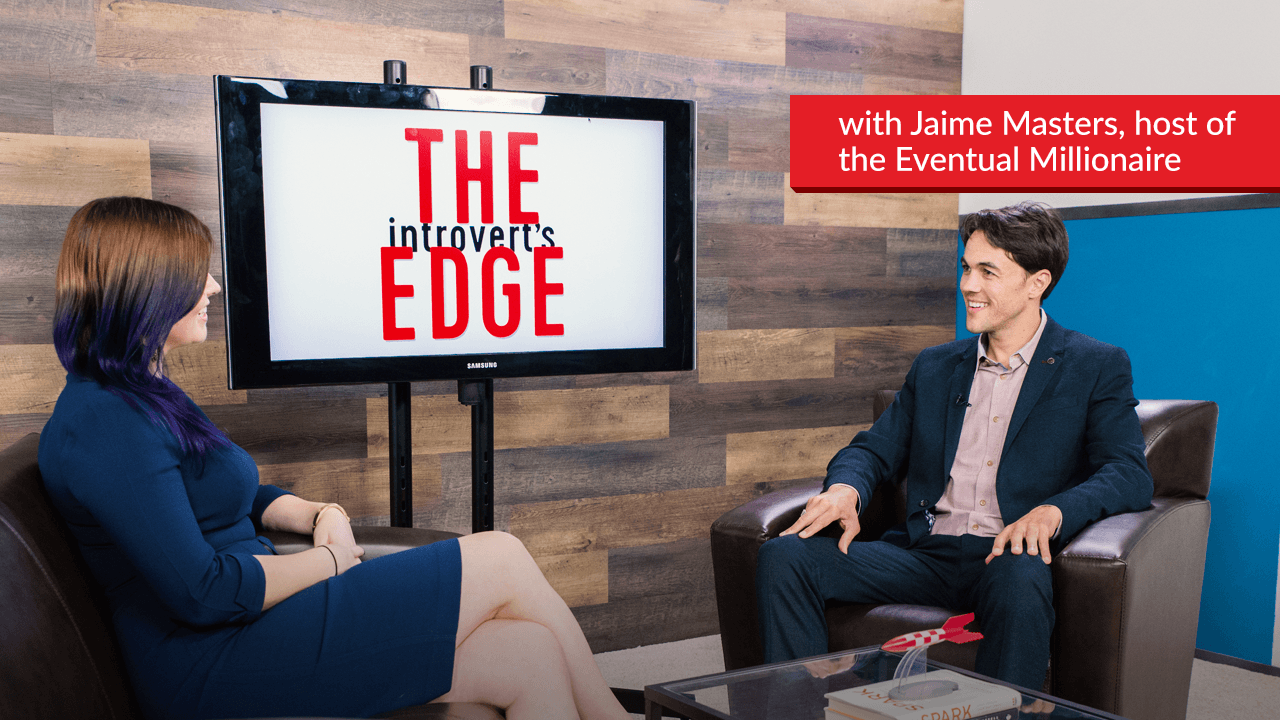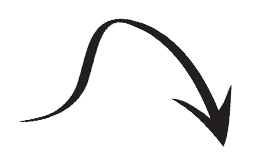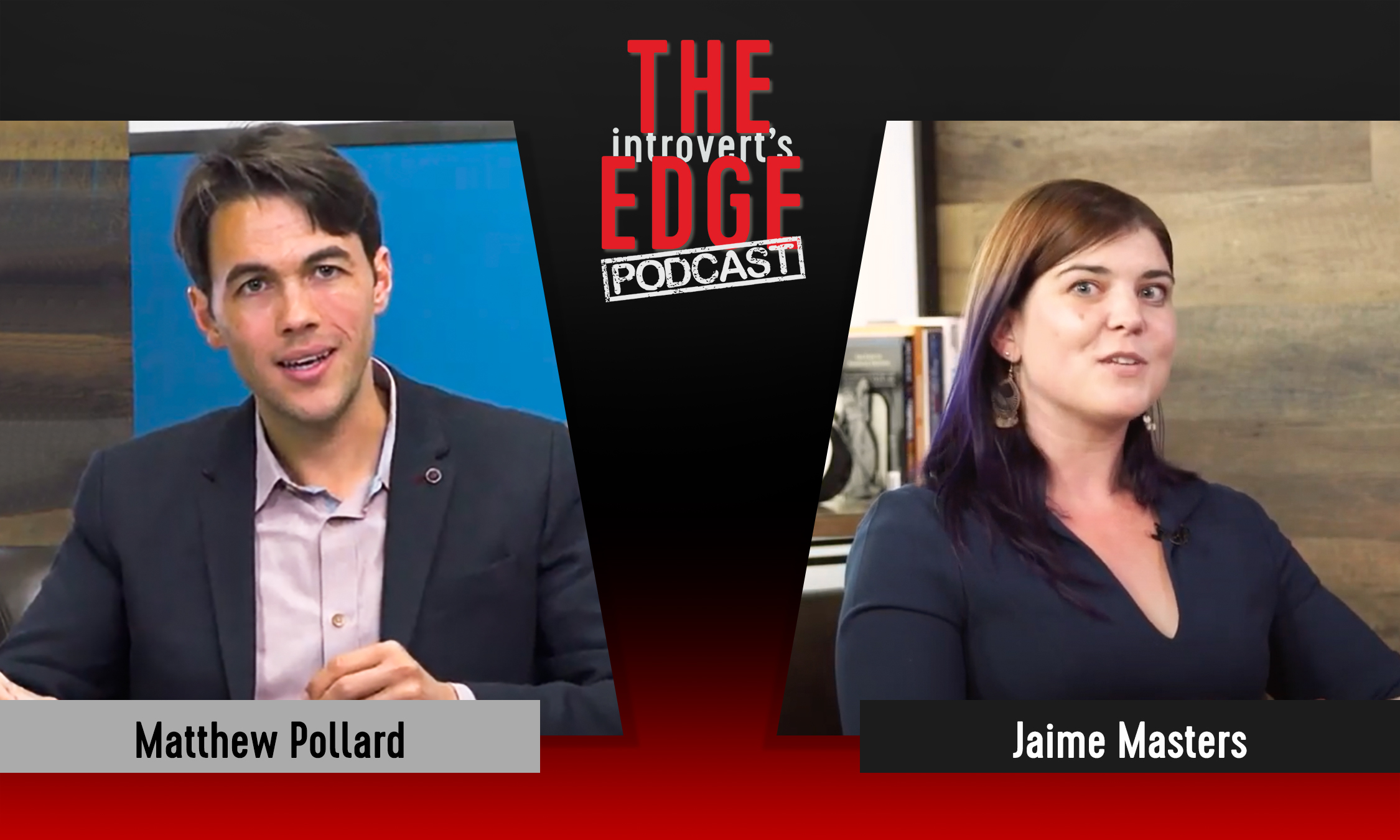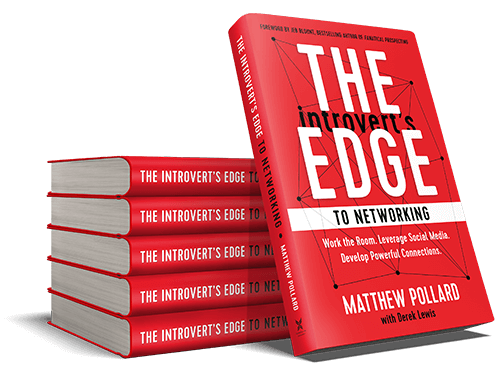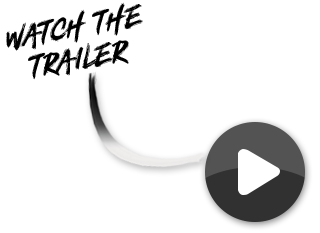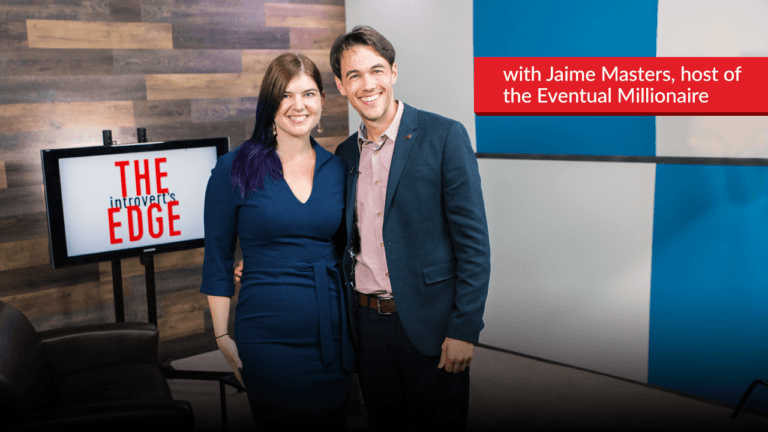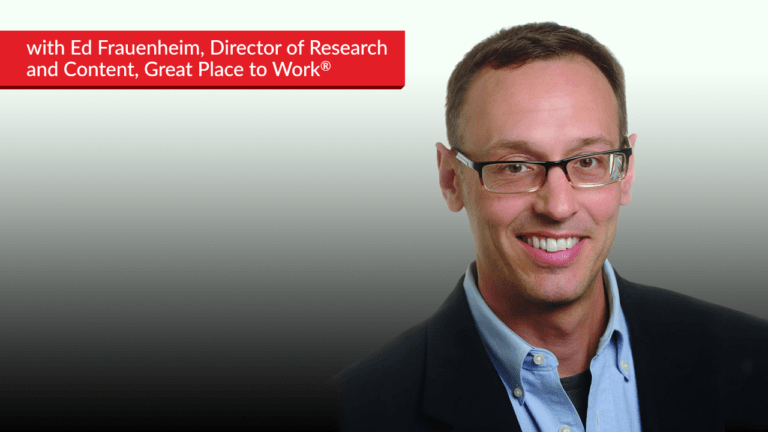Matt: Hello everyone and welcome back to The Introvert’s Edge. I’m excited to welcome back Jaime Masters whose given some amazing value in the first episode, and we’re just about to get into talking about her unbelievable way of moderating a panel. Jaime, so glad to have you back.
Jaime: Thank you so much. I sat here the whole time.
Matt: You did. You didn’t have to drive anywhere.
Jaime: Oh it’s such a long way.
Matt: We talk about batching and how it’s important, right. You’re number two on my list of nine more interviews today, and we just do them back to back.
Jaime: Smart man.
Matt: But I’m happy to have you in the morning when I’m still energetic because I have to keep up with your energy level. You’re always so energetic, that’s why I didn’t believe you were an introvert.
Jaime: Good segue, I like it.
Matt: So that was my special segue back into. So as an introvert I’ve seen you moderate panels and I’ve always been really impressed. When I thought you were an extrovert I thought I’m never going to be able to do that. But now I’m really excited about finding out about how you do that because every time I see you moderate a panel it’s so engaging, everybody gives you answers that are a lot deeper that I’ve seen. Like a lot of people are always worried about the time and they answer the question differently to what the person’s asking. And you seem to just run it really, really well. So is that something that you just naturally did, or did it come from the learning of public speaking, or do you have a systematic process for doing that?
Jaime: All of those things. So one I think is sales. So when I started getting really good at finding the pain in sales and asking more deeper, deeper questions so that way you can really get to the main point. That was really helpful when I started interviewing millionaires. Because when I interviewed them I literally at the very beginning would just have a list of questions. Not actually listen to anything they said, and just find my next question. None of it made any sense, they were horrible, they were really, really bad.
And so I did tons of research on trying to be a better interviewer to begin with. I read all the books and figured out all this stuff and a lot of people said don’t get to know your person too much because your audience doesn’t know them. And I’m like, perfect, now I don’t have to do all the research work, this is great. But it’s really, really helped because when I really start to listen to what they actually say, and I’m a coach so I learned all these active listening skills. But as soon as I either interviewed or did a panel or something like that I would shut it off. I’d be like, “What’s next, because I have to be paying attention to all the other things?” But doing webinars online has really helped for this, doing online stuff where you really had to pay attention and go a little bit deeper.
So I do have a system. So part of it is again not knowing too much about the guest in general. But when I go through and try and figure out from the audience perspective what they actually care about, so definitely go back through and try to figure out who’s in the audience – this is 101 stuff – who’s in the audience so that way I can tailor whatever questions. I don’t write any questions down in advance really, unless they ask for it. So when I moderate a panel a lot of them ask for it. It’s kind of like, just trust me, right.
Matt: I’m Jaime Masters, why don’t you just trust me to do it?
Jaime: I’ll take care of you people. But I’m sure I’ve been moderator on really horrible panels so gosh, that’s a horrible question, I should have prepped for that. So I totally understand, so I give sample questions most of the time. But my tactics are to get to know them way beforehand. So at your event I tried to meet all of them beforehand and ask a bunch of questions and know about their kids and create rapport before we get onstage. Because if I don’t know them and we don’t, you won’t have that. So even with my interviews I try and ike, I only have a short span of time beforehand and I’ve gotten really good at being able to connect different dots trying to figure out so that way they can feel comfortable. Because when they don’t and at the beginning they’re stiff and it’s not good.
So on the panel side I do that, we come up with specific sample questions. But mostly I’m asking, “Oh, tell me more.” I literally have these words that I say, “Oh, why is that?”, “Oh, tell me more.”
Matt: So you’re the therapist on the couch.
Jaime: Seriously, that’s all I do. Let me just keep asking questions. I gave a couple “go to” that I really go to when I have no idea what I’m going to say. You even saw me when I was interviewing you here, I have this, it’s literally a bunch of chicken scratch and scribbles and I write one or two words as you say something.
Matt: She writes like a doctor.
Jaime: I’m an artist, don’t even. Voted “most artistic”, that’s what it is. But when you look at what I’m actually trying to pay attention to, I’m actually trying to listen to what you say. And I’m writing a key point down so that I can remember that one key point. And then this is just something that I got better at I think with practice is remembering the thread. Because as you listen to anybody whether it be on a panel or in an interview, they will go on so many gosh darn tangents. And sometimes you’re like, “Oops, can’t ask that question again, he just went over here.” So I keep coming up with questions as if I’m just a curious person going, “Oh, that’s really interesting, that’s something that I would really want to know if I was in the audience perspective.” And paying attention to those questions and just writing a little thing so I’ll remember it so I can actually pay attention to you and engage with you, instead of being like, “Next I have the thing that I’m supposed to do”, right?
Matt: Yeah. So don’t go off topic, I’ve got to ask this question next, please don’t make it a discussion.
Jaime: But you know that it happens, right? So that’s when I go, “Oh, tell me more.” It’s like I have nothing to say here, you changed it completely, and now I don’t have enough time to come up with a different question in my head. So literally that’s where I just go to those. And it’s just doing it and going with a flow. I used to be so rigid in going “this is what I want to get out of it” in advance. And what I’ve realized is I don’t know what people are going to get.
I’ve done shows where I’m like, “I don’t think that was very good.” And people will write emails to me, “That was the best show you’ve ever done.” And I’m like, ok I thought they were saying general information that wasn’t really helpful to people.
Matt: And sometimes simplicity is key, right? My most shared article on Entrepreneur is the one where I went, well I kind of phoned that one in. So I think that a lot of times we’re trying to ask those deep, deep questions and a lot of the people that are listening to us are actually just starting in their journey.
You’ve interviewed me twice now on your Eventual Millionaire podcast and both times, and I’m not sure if this is just because we’re friends and we have a great rapport, but by the time we get on the show we’ve already been laughing and we’re joking and we’re having a good time. And I’ve looked at some of the energy that you have with some of your other guests and I can understand how you do that when you’re moderating a panel because you’re in and around their space. But if you’re just going on an interview for the first time as a guest or having a podcast and interviewing someone for the first time, how do you just strike up that rapport and get laughing and joking so that the energy is there?
Jaime: Because I’m an evil, no, that has been my goal in life to try and get better at that piece. Because, and this is going to make you feel not very special, but I do that with everyone, Matthew.
Matt: But not exactly the same way.
Jaime: No, you’re special snowflake, it’s fine. But what’s funny is I was saying right before, that amount of time, because most of the time I don’t know them and maybe I’ve gotten an introduction for somebody coming on my show but it is a very different thing to be able to see somebody in person versus literally we start the interview. And I usually do eight back to back or seven sometimes, and I have to keep up my energy throughout the entire thing. And I make them at the end, I dare them to guess which one is my last one. You won’t be able to guess. Because every single time I get in the flow and I just want to have as much fun as humanly possible.
So if I find those connection threads like I was talking about beforehand, I go through and I have a little schtick I do before my interviews anyway, like “This is going to be about 30-45 minutes, is that ok with you?” Yes, they buy in. So I go through the things and I tell them about the last question and I try and joke with them at the very beginning anyway. We’re going to shoot straight through, if you say stupid stuff, we like that. And it’s a schtick because I’ve said it so many times before And it’s funny doing seven back to back, I’ve said it that many times but of course they don’t know and they’re hearing it and they see how relaxed I am and they feel better because I’ve been on shoes where it’s really awkward. Sometimes the interviewer isn’t really good and you’re like, oh, this is going to be awesome.
So the goal is to really have that rapport before you actually get on the show so that way they’re like, “She’s going to take care of me”, and that’s what I usually tell them. I ask you questions, you answer them, it’s going to be fun, we’re going to roll with it. And they’re like, “Ok, thank you.” And then as we’re going through I try and find connection threads through the entire interview because that’s my goal to help my audience. My goal is to be friends with them, literally. I just need more friends, apparently.
But we’ll bring up something and I’ll be like, “Oh, I love UFC I was just watching it”, and then the other person will be like, “I love that, too!” And then we go on a little bit of a tangent and I have to swing it back around. But either way it’s really trying to build that rapport but not like, “Oh, I live there, too.” There’s some really crappy rapport, and there’s joking and having fun and actually enjoying yourself versus “business rapport”. Does that make sense?
Matt: What advice would you give somebody, I’m just imaging an introvert going, “Ok, so I’ve got to come up with these things that aren’t “scripted rapport”. What would you say, how would somebody start that journey? Because yours didn’t happen by accident, you practiced and practiced and practiced. Was there a book you read where it just made sense, or a way where you started practicing where you got better at this?
Jaime: What’s funny is I was married formally to a comedian, so that is very helpful. So I’d be like, “They’re not very funny, I can be funny.” So I would write things down, I would practice it, so I needed it scripted at least at the beginning. And whenever I’d say something and they laughed, I’d write it down. I literally at the very beginning when I first started doing it, because I was so awkward I apparently said the word “excellent” seventeen times on the first time I did a thing because I didn’t know what to say. I was like, “Excellent!”, this does not create rapport. It was sad. So I changed words also. I’d say “excellent” and then I was like, “oh wow”, a bazillion times in a row.
Matt: And people were like, “This person is not listening to me.”
Jaime: I was so bad. My mentor made me – because he listened to one of them and he was like, “Did you notice..” – and I was like, “I suck as this, I shouldn’t do this anymore.” I made a list of other words to say during the interview that weren’t the word “excellent”. Like literally, “Oh, that;s interesting”, a whole bunch of words, it was there on my desk forever.
Because I felt like I was preconditioned to just freeze when I choke, I don’t know what to do. And so what I ended up doing is writing down some words that actually felt comfortable. Because there’s words especially when you’re doing something like this, I had that big old list. I’d say one of the words and say that sounded really awkward. So I’d cross that one out because that one was really bad. And so I just got better and better and better at that.
So the beginning piece, the schtick, just evolved over many of them. And at the beginning of me being really, really bad and then making a joke and remembering that joke.
Matt: You’re just perfecting the process.
Jaime: Yeah. I know. And I wish it was like, “Oh, just say these things.”
Matt: Well I think that’s important for people to know though, because people say, “I’ll read this book and then I’ll try it, and if it doesn’t instantly change then I’m clearly not supposed to be doing it.” I think you made it very clear that’s not the case. It’s, I literally wrote down words to try and learn how to do this stuff, and that sounds like a lot of work and it sounds uncomfortable and it sounds robotic. But it evolved into who you are now.
It’s funny I have a guy that helped me launch my Rapid Growth Academy and when we were looking for the person that was going to interview me on that, I gave him all of the interviews that I’ve done and it’s nearly 100 interviews. And he’s like, “That Jamie Masters girl, you get her to interview you because she’s just such a relaxed interviewer and she focuses on the guest not herself and she projects their amazingness.
Jaime: Do you know why? Because I was told that I talked too much the first time.
Matt: I might have been told that myself.
Jaime: But that’s the thing, it’s the evolutionary process. And what’s so funny is I’ve interviewed so many people and they’re like, “He’s never had that rapport with anyone.” And I’m like, “I’m amazing. It must be because I’ve learned.” Because literally podcast comments; “she laughs too much”, because I used to, well, I laugh too much now anyway but now it’s because I’m having fun not because I was awkwardly laughing before. Or just having no words left. I would just keep talking because I don’t know what question to ask.
It was horrible and what I learned is to shut up, actually listen. This is not rocket science, but it is an evolutionary process. And to me, what you were saying, people will say it’s too hard. To me it’s the commitment to the end result that matters. So no matter what I will get to this result, if it takes me two years, that’s ok. And if it takes me a shorter time, that would be much better. But it’s the commitment to what you want. I really feel like anybody pretty much can do anything if they are committed enough to it. I mean I can’t change, I can change my haircolor but not much else.
But when it comes to you and the personal growth and evolution of you as a human. To go from when I was the most awkward teenager in the entire world to being able to have people tell me I’m a natural. I’m like, “Yes, totally natural.”
I remember going on stage, my mom had a friend growing up in a working group and I was asked to go onstage and this woman came up afterwards and she was a friend of my mom’s, and she’s like, “I remember changing your diapers.” I was like, “Thanks, awesome. I appreciate that.” But she goes, “You were never the person I would ever imagine being onstage, ever.” She said that I was in the corner reading a book. When she’d come over for dinner I would go over out of the way because I didn’t like that. So she was amazed. But I just really, really wanted to do it anyway. And once I got over the redness thing I was fine and I’m going to tell this later about how bad it sucked before. That was my commitment. And you can make it happen.
Matt:I think one of the things that was really interesting about the way you do your podcast where you do seven or eight in a row, and I’ve got like ten interviews today and I had ten interviews yesterday, I’m batching the entire series into three days. And I do that because it allows me to keep my flow, and you batch yours as well. A lot of people could never do that, and as an introvert I’m exhausted after one conversation. Talk to me about why you batch what you do.
Jaime: That’s a great question. Because I have children and I only work so much. Well number one is flow, it’s really helpful. I try to batch my sales calls if I can. Wherever the mindset that I need to be in is helpful. But I literally will go curl up in a ball after those days. I can’t do anything. I can maybe watch a movie and that’s about it.
In between I try to do little meditation breaks as best I can, even if it’s 5 minutes, to just be like a zombie. And then when I have the other person there and I can feed off their energy for a while, I’ll be, “Ok, I got this.” And when I’m in flow we have more energy, we just do a better job. And then yes, I feel like crap in between.
Matt: Well I think you do a great job of managing your energy, though. Actually Chris, who is recording this, walked in on you doing your meditation in the middle of one of your retreats that you do. And you try and find times to recharge.
As introverts I’m one of those people that has to stare, I don’t watch the TV, I just stare at a TV going with nothing else going on in a dark room to do my recharge. But you kind of discovered meditation to recharge for yourself. Can you just spend a couple minutes explaining why that works so well for you? Because a lot of people think that’s kind of “woo”, Jaime.
Jaime: Ok so #1, after interviewing this many millionaires and them talking about meditation so much, I have less of a “woo woo” stance on it for sure. Because science now backs it up and it’s not all crazy. I started it because I had kids and I thought I was going to go crazy, they both had colic really, really bad, so that was one reason why I actually started it. What’s crazy is I recommend it to my clients all the time now because, I call it “entrepreneur crazy brain”.
I really feel like small business owners, we are thinking about everything all at once and so it’s crazy to live on our brains for a while. And I don’t think most people understand how crazy it can be, not even if you have ADD which I do have. But not even that, us trying to solve all of every problem to everyone, that’s what we do as a business owner.
I had to stop it, I could not survive because my energy just by the end of the day it was horrible, and then I couldn’t sleep when I actually tried. So meditation started as a, “if I could just sit for 5 and try..”. I’d actually end up falling asleep because I had small children and I didn’t sleep much. But that was the very beginning. Now especially with my clients I suggest some head space or doing something. Because if we can manage what we’re thinking – because you can even though you don’t think you can – most people think meditation is crazy or say it’s not for me.
I was one of those people that said it’s not for me , and it has changed my life. Just in knowing what actually comes up and what’s a belief versus a trigger, or when I’m talking to somebody and having the witherall of just paying attention to the thoughts I actually have, that’s all come through meditation. And let alone the recharge and everything else that you can pull back.
Matt: So I’m like a high-paced sales person, I’m a proud business person, and I don’t want to learn meditation. The next thing I know I’m going to be eating tofu and doing all that stuff. I don’t want to do it, right? So where do I go where I can learn meditation and it just be about recharging and not all the other stuff? Is there like a series I should buy?
Jaime: No, Sorry, too bad, too late. It’s too late for you. Ok, but that’s the point, right? So if you say so many people have this negative connotation about meditation, literally at the very beginning I was trying to lay down on the bed and not think. I was like, please, I just need to stop. That’s what I started with. That’s not what I recommend to people now.
There is an app called Headspace or an app called Calm which is no “woo woo” involved in any of these things. Because I work with a lot of 7-figure business owners and I’m like, “You should meditate.” And some of them are like, “Ok, crazy lady.”
Matt: Did I hire the right coach?
Jaime: Right. But that’s the funny thing. Thankfully I have science and stuff to back this stuff up. You even have the book over here, Stealing Fire, about getting into the ‘flow state’, and you can tap into that way better when you’re actually focused and you can actually control some of these thoughts and craziness that goes on in your head.
Matt: I’m super impressed you saw that book.
Jaime: I’m paying attention to everything because I meditate.
Matt: That’s right. It’s the clarity of space that allowed me to relax before I came here.
Jaime: But this is the thing. So when I talk to somebody who is resistant to meditation – because there are a lot of you out there – I can go through and talk. When you download Headspace they actually will go through the scientific studies of what it will help you with. So even relaxation, stress, all that stuff. #science
But because we’re so adverse to it and because we don’t think it will work, literally they’ll do it for like 3 days and be like, “Meh” or “It was really hard”. But the commitment to it really does matter. So Headspace walks you through a 7-10 day thing and I make – I tell my clients what to do, really – I make them commit to at least 7 days of the “practice” anyway. But at the end of that I’ve had so many clients be like, “Oh, I understand.”
One of the guys that I coached for almost 2 years, he went from making $500 a month, his business is over $1.2 last year. In maybe 2 ½ years-ish. When he hit his million I sent him a meditation bench because throughout the journey all we kept talking about was entrepreneurship is such a mindgame, it’s all down this spiral. And if you can stop yourself from talking yourself down that gosh darn spiral, then you’ll be so much better off.
Matt: I totally agree.
Jaime: That’s what I’ve had to do, and it was all meditation.
Matt: So it had nothing to do, just so you know, Jaime doesn’t coach anything but meditation.
Jaime: Don’t read the book, just meditate.
Matt: So look, I agree with you. I was playing devil’s advocate but I actually went to a 7 day meditation retreat and it was amazing. I practice walking meditation all the time so I vouch for it. Anytime I’m feeling anxious or I feel like I’ve lost control as an introvert, I’m always judging myself, so I do some meditation and all of a sudden I realize that I’m really focused on stuff that doesn’t matter.
And it makes such a difference because all of a sudden I can go back into that creative space that I needed to be in. So I’m totally with you.
Well now I get to ask you my awkward question. So I was just on your show and you asked me the awkward question I wasn’t expecting. And this is your chance to brag. So every person I have on this show I ask this question, because we’re so fixated on introversion being a disadvantage. And for me I like being empowered about being an introvert. So what do you consider your ‘introvert’s edge’, of all the skills that you have, what would you consider the one thing that’s really allowed you to create the success that you’ve created in your life?
Jaime: The level of connection that we can get with people – because to me an extrovert, and I know some – to me I feel sometimes it’s disingenuous. And this isn’t an overarching statement for sure, but I love deep connection, I love learning about what really motivates you and drives you. And I will go through the connection threads or the small talk or whatever it is to get to those, but I care about real connection. And I think that’s what people really actually feel.
The reason I have so many friends is because I actually care about them. I’m not looking at what they can do for me. I’m looking at, “How can I help? I love you and you’re amazing.” I’ve even been told I’m not discerning enough. But I see the good in them and I want to just keep going deeper and deeper and just see if I can really make that connection more important. Because being here on this earth, there’s only so many things that really, really drive me as a human being and probably a lot of others, and connection is a huge piece of it. So being able to find that and go deeper with real human beings that I actually really enjoy is huge.
Matt: Well I think that’s a real superpower in a lot of ways. For me I know that I had a real barrier to showing people my real self growing up, and it actually meant I had shallow relationships because I didn’t share myself. One of the things I noticed when I met you is I got the impression that you really cared about the answers to the questions as opposed to just following the motions. And ’ve seen that in all the relationships that you have, they’re really strong.
A lot of people think that introverts can have a few really strong relationships by they can’t have a wide and deep relationship. And I think that you prove everyday that’s not the case. So I think that’s a really powerful thing that you have, so thank you for sharing that.
Jaime: Well and let me clarify, too, because my network of who I actually talk to on a regular basis is extremely deep – like best, best friends – is really small. But doesn’t mean that I don’t want to create connections with other people. It doesn’t mean I talk to them all the time, but when I do, this is why I’ve had so many people be like, “I feel like we’re like best friends” or “You know all my secrets”. I just ask you questions, I just want to get a deeper level of connection. And so this is why it feels likes I have so many friends even when I don’t necessarily chat with a lot of them. But because it’s that level of connection that’s what I would much rather have anyway. Not that I have to talk to everybody all the time, but the fact that I can and I can go on a way deeper level than just the surface level stuff, I think makes all the difference in the world.
Matt: And I think that just seeing the fact that you know that putting yourself at risk because you’re sharing a lot of yourself as well, but you’re ok with that because the reward is better than the risk, or it overwhelms the risk. I think that’s a really powerful thing that you’re sharing your relationships, and that’s such a large amount of what got you where you are today.
So Jaime I’ve really loved having you on the show. Thank you so much for joining.
Jaime: Thank you so much for having me.
Matt: And for everybody that’s watching, I really appreciate you sharing this time with us and I look forward to seeing you in the next episode. Cheers.





